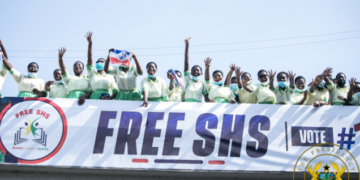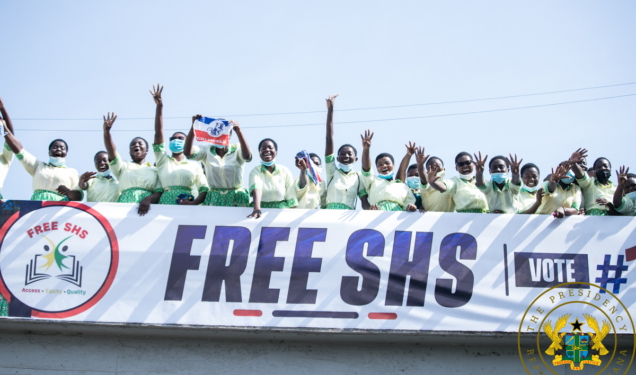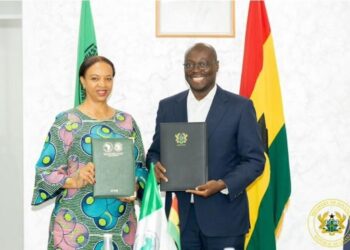Afrobarometer’s latest findings has revealed a strong support for the continuity of several key government programmes.
An overwhelming 85% of Ghanaians support the Free Senior High School (Free SHS) initiative, with similar backing for the Planting for Food and Jobs programme (81%), One District One Factory (71%), and the One Village One Dam policy (60%).
In stark contrast, the controversial electronic transactions levy (E-levy) sees widespread opposition, as 79% of respondents demand its discontinuation, highlighting deep-seated discontent with recent economic policies.
Alongside their policy preferences, Ghanaians have voiced clear economic priorities for the incoming government.
With unemployment cited as the nation’s top concern by 41% of respondents, infrastructure needs and road development follow at 38%, while healthcare takes precedence for 33% of the populace.
These findings underscore the public’s desire for real, tangible improvements in job creation, connectivity, and access to essential services, signaling areas of urgent intervention for the next administration.
The report paints a grim picture of Ghana’s economic landscape, with a worrying 82% of Ghanaians reporting some degree of poverty in the last year—a sharp rise from 19% in 2017. Moreover, economic hardships have led 70% to experience income shortages, compounded by challenges accessing basic needs like medical care, water, food, and cooking fuel.
Public discontent with the country’s direction is palpable, with only 45% optimistic about improvements in the coming year.
As the election approaches, these concerns are likely to weigh heavily on voters, pushing economic reform and social programme continuity to the forefront of political discourse.

































